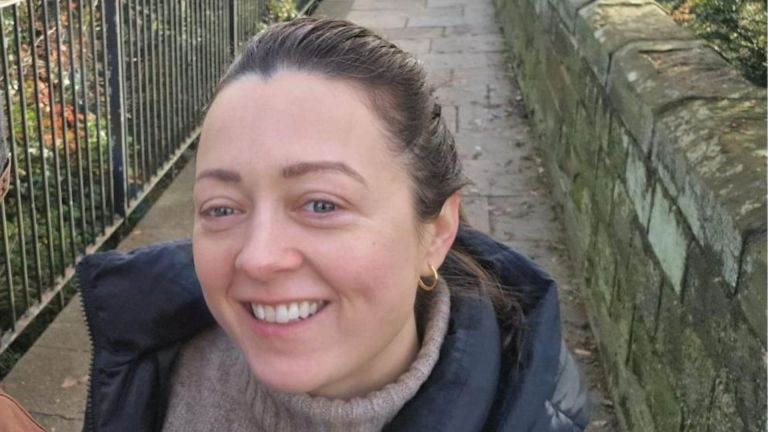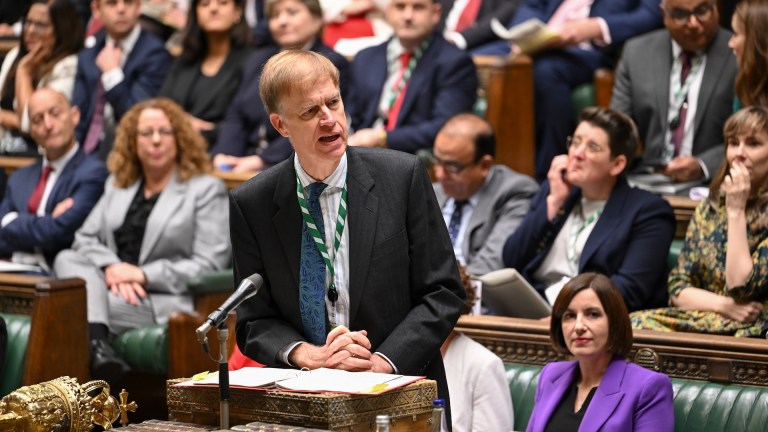“We have an opportunity with the upcoming child poverty strategy to address the disadvantage faced by the youngest children who have been overlooked in food poverty policy and debate.”
The new EPI report, funded by the KPMG Foundation, looked at the effectiveness of national policies in tackling food poverty among young children.
It found the issue is particularly damaging in the first five years of a child’s life. Food poverty as a child can lead to worse physical health, such as obesity and tooth decay, and damage mental health and behavioural outcomes.
It can also affect education – food poverty is associated with worse cognitive development, maths and vocabulary skills.
The EPI found the cost of living crisis and rising food prices have had a bigger impact, particularly as wages have struggled to keep up and value of benefit payments has declined.
Universal credit payments are not adequate to afford essentials including healthy food, the think tank concluded, adding that the two-child limit and benefit cap have reduced incomes for families with children.
Advertising helps fund Big Issue’s mission to end poverty
Researchers also found the Healthy Start scheme – a NHS scheme which helps women who are pregnant or have young children and are receiving benefits, buy foods such as milk or fruit – does not do enough to support children experiencing food poverty.
They called for the government to increase the value of the scheme to keep up with inflation as well as expanding eligibility and uptake after finding evidence it boosted children’s access to healthy food.
An unequal access to free meals also impacted young children. The EPI said only children who attend maintained nurseries and school-based nurseries are currently eligible for free meals if they meet the income and benefits-based eligibility criteria and the child attends before and after lunch.
But the majority of kids attend other types of early years settings which are not required to provide free meals for low-income children.
And even in the settings where free meals should be available, there is a lack of awareness of the policy, and the restrictions can make it inaccessible in practice.
The EPI has called for universal free meals for children in early years settings as well as a host of changes for the government’s child poverty strategy to prevent youngsters going hungry.
Advertising helps fund Big Issue’s mission to end poverty
The think tank urged ministers to abolish the two-child limit and the benefit cap as well as introducing an Essentials Guarantee, as advocated for by the Joseph Rowntree Foundation, Trussell and the Big Issue. Adopting the guarantee would ensure that families on social security benefits have sufficient income to meet all basic needs, the EPI said.
Researchers also urged ministers to support local authorities to provide tailored solutions to food poverty in their area, through food poverty alliances or plans, shaped by people experiencing the issue.
Nick Harrison, chief executive of the Sutton Trust, said: “It’s a national disgrace that a quarter of families with children under four are experiencing food poverty. The UK is one of the world’s richest nations so there’s no excuse for allowing any child to go hungry, let alone those who are at such a crucial stage of their growth and development.
“Young children from low income families are already at a disadvantage when it comes to their education and early development, for example with government investment in early years skewed towards those from better off homes. At the very least we must ensure their basic nutritional needs are met – otherwise their futures will undoubtedly be hampered. Government must take bold action to alleviate this through the child poverty strategy.”
A government spokesperson said: “No child should be in poverty – that’s why our ministerial taskforce is developing an ambitous strategy to give children the best start in life.
“Alongside this, we’re rolling out free breakfast clubs in all primary schools in England, supporting 700,000 of the poorest families by introducing a fair repayment rate on universal credit deductions and extending the household support fund again to help families with the cost of essentials.”
Advertising helps fund Big Issue’s mission to end poverty
Do you have a story to tell or opinions to share about this? Get in touch and tell us more. This Christmas, you can make a lasting change on a vendor’s life. Buy a magazine from your local vendor in the street every week. If you can’t reach them, buy a Vendor Support Kit.









